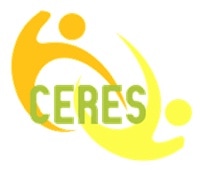"I find in you what is so hard to find in myself". "If you find it so difficult to receive, what do you do to others with all your giving?" Always watch your balance. You cannot quence another's thirst with an empty glass. Fail in relationship: Take all autonomy (finance, household, children) to show that you can handle all that, while the other does not even notice it. |
|
Fail in love relationship: Critizising a same sex mate out of uncertainty. You will put the attention to that potential threat, because your partner does not understand the criticism and-will want to understand you. Fail: Criticizing someone to feel bigger. You will not feel bigger. Instead you will have to take care of him/her, at the expense of your own development. |
|
